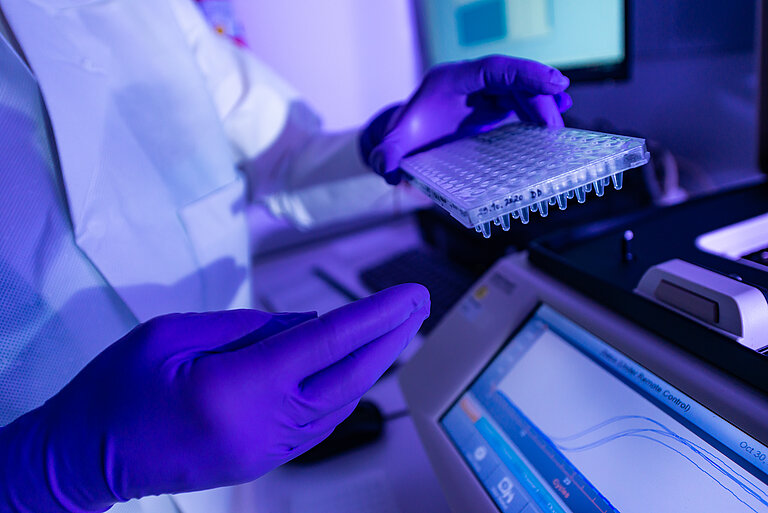Modern Humans Developed a More Effective Protection Against Oxidative Stress
Neanderthal variant of the protein glutathione reductase increases risk for inflammatory bowel disease and vascular disease

Very few proteins in the body have a change that makes them unique compared to the corresponding proteins in Neanderthals and apes. Researchers at the Max Planck Institute for Evolutionary Anthropology in Germany and Karolinska Institutet in Sweden have now studied one such protein, glutathione reductase, which protects against oxidative stress. They show that the risk for inflammatory bowel disease and vascular disease is increased several times in people carrying the Neanderthal variant.
Publication: LUCIA COPPO, et al., A substitution in the glutathione reductase lowers electron leakage and inflammation in modern humans, SCIENCE ADVANCES (2023). DOI: 10.1126/sciadv.abm1148
Original Story Source: Max Planck Institute for Evolutionary Anthropology

 Alerts Sign-up
Alerts Sign-up